<!–*/ */ /*–>*/
| Will history remember Carlos Ghosn as an electric visionary? |
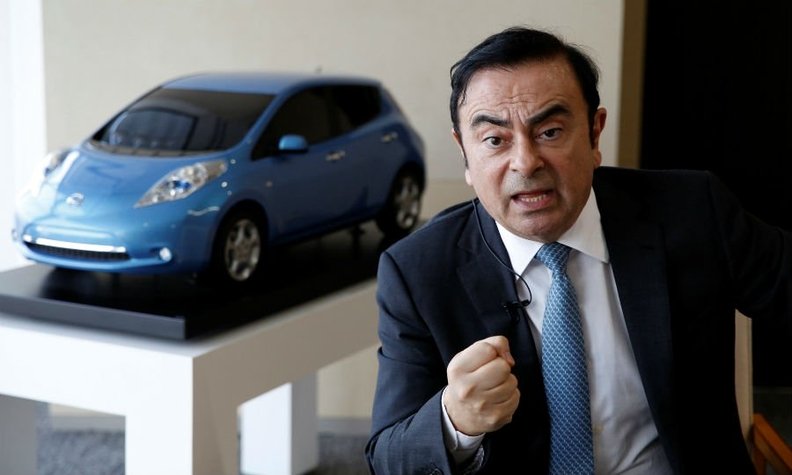
Things haven’t been looking so great for Carlos Ghosn’s long-term legacy lately.
But that could change. And Page 1 of Monday’s issue shows why.
As our lead story points out, Ghosn stuck his neck out more than a decade ago. That’s when he, as CEO of a mainstream automaker, placed a big bet on a fully electric car, the Nissan Leaf.
The Leaf ended up capturing only about a third of its sales target. And since then, much of the industry began investing heavily in EVs, overshadowing Ghosn’s pioneering effort.
But Nissan is now charging up for a second crack at the segment in the form of the Ariya crossover. When it debuts next year, it will be the first in a new generation of Nissan-Renault-Mitsubishi EVs.
A lot will ride on the Ariya’s midsize shoulders. It will be a technology showcase, more upscale than the Leaf. It will give Nissan a chance to bolster its fragile alliance with Renault. It will be a symbol of the smaller, smarter Nissan being forged by CEO Makoto Uchida.
And it may help seal a place in history for Ghosn. Development of the Ariya began under his watch. And if electric cars do become commonplace, the history books should rightly cast Ghosn as a visionary and catalyst. He was the one established CEO who stuck with them, investing through the Great Recession, when his peers went other ways.
Such a distinction may be hard to imagine now, given that Ghosn is living in exile in Lebanon, where he fled to escape Japanese courts. But he’s never been convicted of anything. And that’s why the Tokyo trial of Ghosn lieutenant Greg Kelly is so critical. Kelly is the former Nissan executive accused of colluding with Ghosn to hide about $86 million in deferred income from public scrutiny.
As another Page 1 story shows, Kelly’s trial has ramifications for Nissan (especially given reports that Ghosn may have been the victim of an internal coup). It also puts an unflattering spotlight on Japan and its attractiveness as a place to do business.
And it has ramifications for Ghosn himself. If Kelly avoids conviction, Ghosn will be vindicated in a big way — which, in turn, will color his portrait in the history books.
Given all that’s transpired in the two years since Ghosn’s arrest, it’s easy to forget that it was Ghosn who saved Nissan more than two decades ago. Kelly remembers, and he said it out loud in court last week.
“Mr. Ghosn was an extraordinary executive,” Kelly said. Even though most industry watchers thought Nissan was doomed, “Mr. Ghosn proved the experts wrong.”
 |
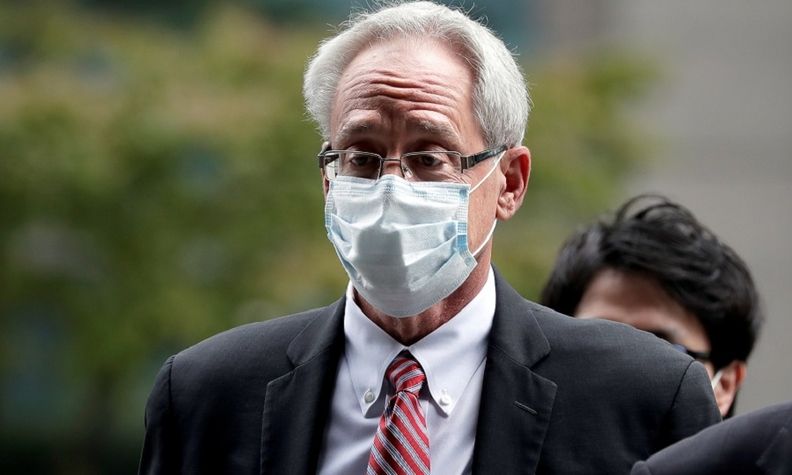
 |
Coming Monday in Automotive News:
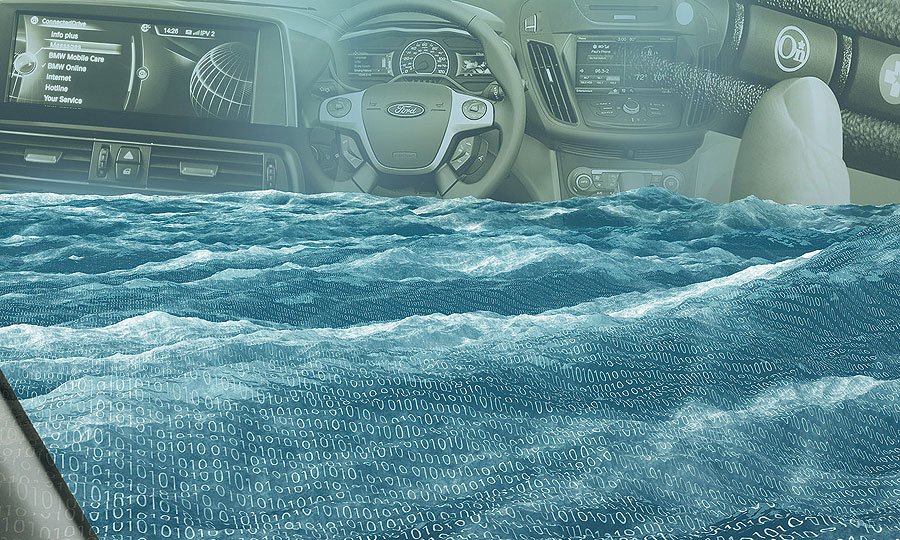
Heated campaign, part 2: A ballot initiative that would expand Massachusetts’ right-to-repair law — which requires that automakers make available to vehicle owners and independent repair shops the same diagnostic and repair data they give to franchised dealers — is once again pitting automakers against independent repair shops and parts retailers. Should independents now have access to real-time mechanical data from telematics that automakers use to monitor a vehicle’s status? It’s stirring up the debate over consumer privacy and data. Most automakers and the Alliance for Automotive Innovation have spent millions to defeat the measure. Will it work? Automotive News investigates.
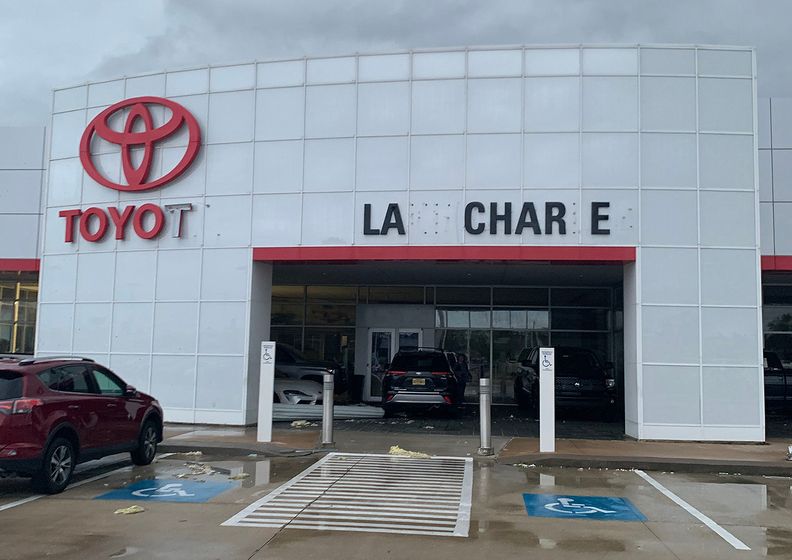
Above and beyond in a crisis: For nearly three weeks after Hurricane Laura hit Lake Charles, La., employees of Lake Charles Toyota and some community members camped out at the dealership. For much of that time, more than a dozen people lived at the store, sleeping on air mattresses in offices and conference rooms as they waited for power and water to be returned to their homes. Lake Charles Toyota reopened last week on generator power and with three people still staying overnight on the property in campers. Automotive News talks with some who sheltered at the dealership and shares the store’s recovery plans.
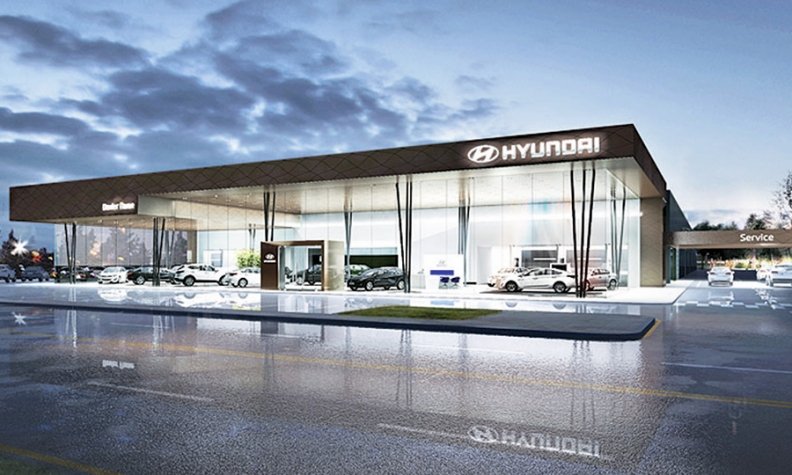
Is now the right time? Hyundai and Genesis, citing strong retail sales, plan to resume their partially suspended dealer compensation and facilities programs, Accelerate and Keystone. Some dealers and their associations have objected to the programs, but Hyundai is insistent on raising its facility quality and dealer satisfaction scores to the level of their Japanese competitors. Automotive News talks with the brands and dealers to find out where things stand.
<!–*/ */ /*–>*/
 |
|
|---|
 |
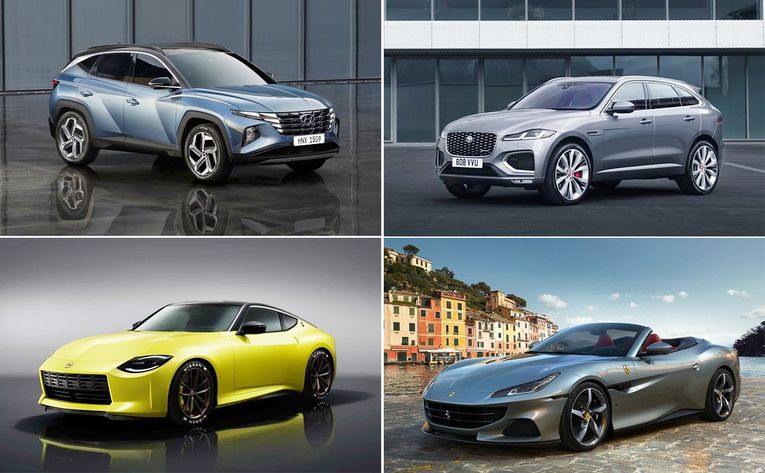
Coming-out parties for Ferrari, Hyundai, Jaguar and Nissan: It was a big week for showcasing future products:
■ Hyundai pulled the wraps off the hugely important next-generation Tucson compact crossover, its bestselling nameplate. It’ll arrive at U.S. showrooms in the first half of 2021.
■ Jaguar said its top-selling F-Pace crossover will get new powertrains, revamped styling, an upgraded infotainment system and several chassis improvements for 2021.
■ Nissan’s reimagined Z took a virtual bow. Called the Z Proto (as in prototype), the next-gen, retro-styled sports car sheds the bulky, planted stance of the previous two generations.
■ Ferrari debuted the 612-hp Portofino M, which goes on sale in Europe in the second quarter next year. The price (in Italy) will be $244,000.
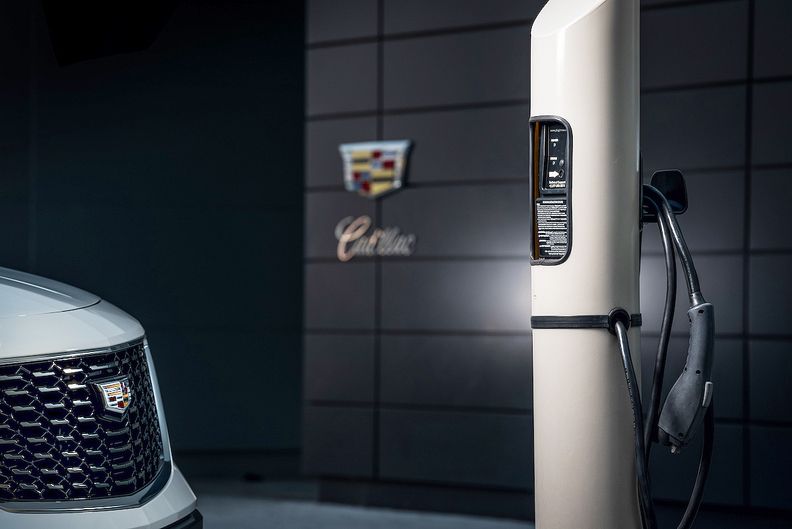
Cadillac puts a price on dealer EV investment: General Motors says dealers of its luxury marque need to upgrade for electric vehicles if they want to continue selling the brand’s vehicles beyond 2022. Now Cadillac’s 880 U.S. dealers know the price tag: $200,000 per dealership. That money will go toward EV chargers, tooling and training.
Keep an eye on Porsche’s new North America chief: With Klaus Zellmer being promoted to chief sales officer at Volkswagen, Porsche named global marketing boss Kjell Gruner, 53, the new CEO of Porsche Cars North America. The Porsche U.S. CEO job has become a career springboard for VW executives.
 |
 |
A selection from Shift and Daily Drive:
 |
Sept. 21, 1945: Henry Ford II, 28, was named president of Ford Motor Co. He succeeded his grandfather, Henry Ford, who resigned.
